Use controls above or click here to open this Hometown Heroes podcast in a new window
Episode #719 of Hometown Heroes, airing February 5-7, 2022, welcomes Black History Month with a focus on the service of approximately one million African-American men and women in the U.S. Armed Forces during World War II, and the impact that had in ushering in milestone moments in American culture.
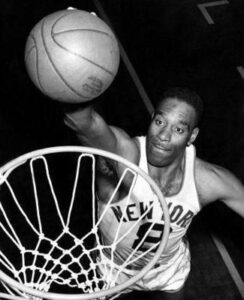
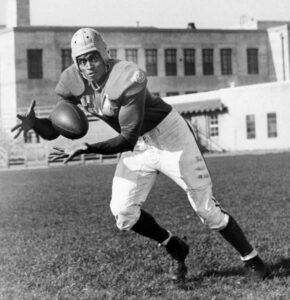
Within five years of the end of World War II, black players were on the court in the NBA. For Major League Baseball, it was just 2 years before Jackie Robinson broke the color barrier. In the NFL, two of Robinson’s former UCLA teammates, Kenny Washington and Woody Strode, helped integrate the league just one year after Japan surrendered. Robinson famously served in the Army in WWII, as did Monte Irvin, who once told us on Hometown Heroes how he turned down a chance to be MLB’s first African-American player, largely because of lingering effects of his own service in the war. This episode of Hometown Heroes features memories from two men who served in the Pacific Theater of World War II before launching impactful careers in the field of health and medicine.
Robert Hammond shared his story on episode #243 of Hometown Heroes in 2012. A native of Philadelphia, PA, he would eventually become the director of environmental health for Los Angeles County, once tasked with overseeing food safety for the 1984 Olympic Games.
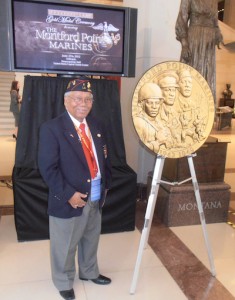
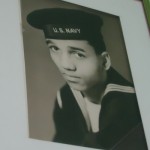
His family had a history of military service, and you’ll hear Hammond explain why he was determined to enlist in the Navy at age 17 in 1943. The quest for the “Double-V,” victory over enemies abroad but also over discrimination at home, was a very real and palpable experience for him, from Great Lakes Naval Training Station, to Montford Point, NC. As a Navy corpsman there, he helped care for some of the first African-Americans allowed into the Marine Corps, later deploying with them overseas to Guam. You’ll hear examples of prejudice he witnessed, as well as courageous responses in the face of it, and also how he felt about a system that segregated blood for transfusions on the basis of race. You’ll hear a veteran who is far more interested in the things that can unite us as Americans, than those with the potential to divide us.
“I’m not going to say I belong to this group, I belong to that group,” you’ll hear Hammond say. “I belong to all of them. So that makes me 100% American, with no hyphens.”
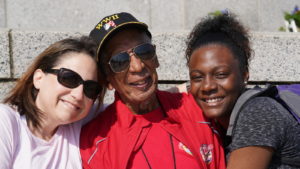
While Robert Hammond was pursuing his career in public health, Dr. Fitzalbert Marius was busy blazing a trail as a pioneering heart surgeon. Born in Panama and raised in Harlem, NY, Marius had joined the military because the Army Specialized Training Program offered a potentially shorter path to a career in medicine. Dr. Marius first shared his story on Hometown Heroes on episode #509 in 2018, continuing with more captivating memories on episode #510.
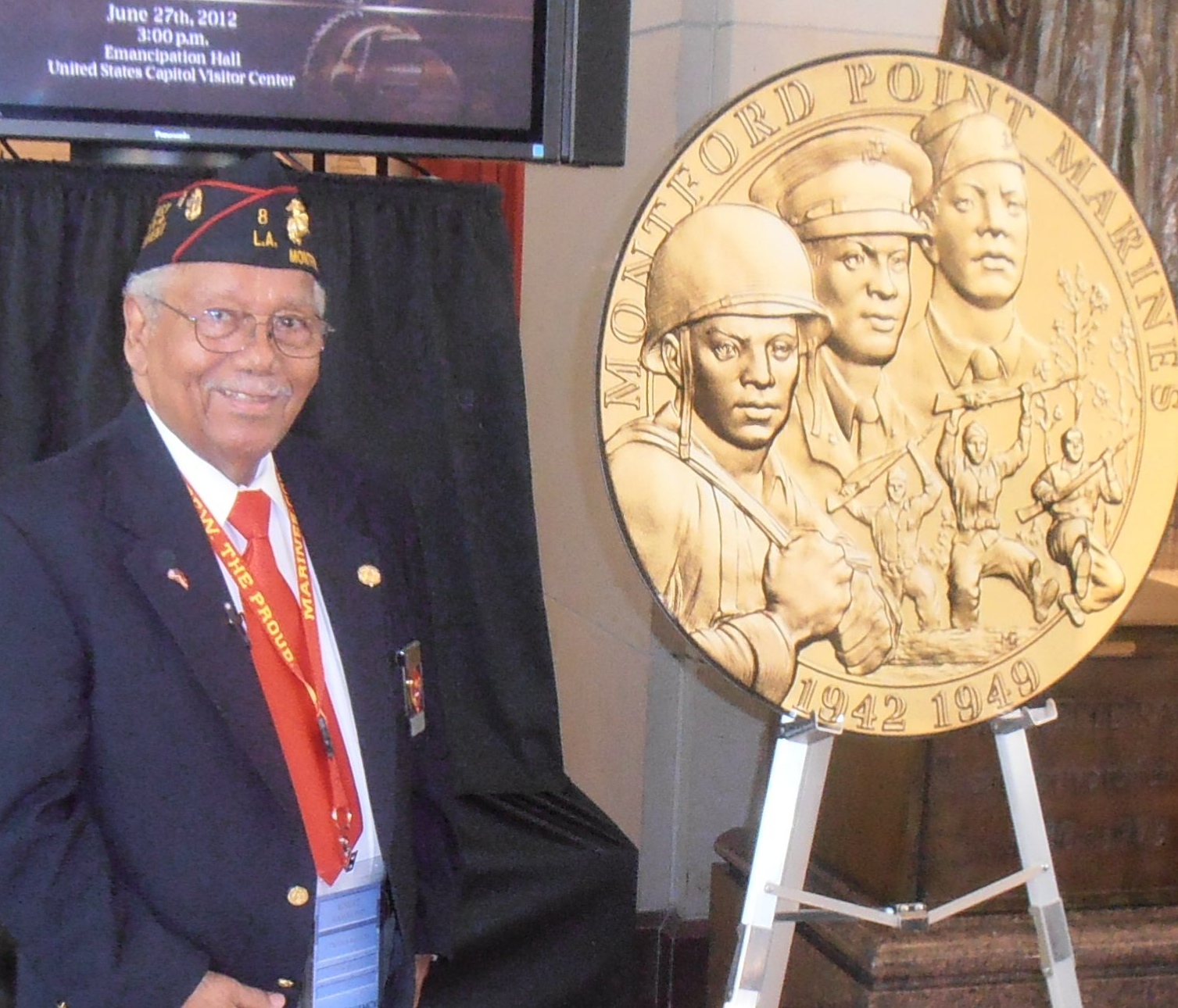
Leave a Reply